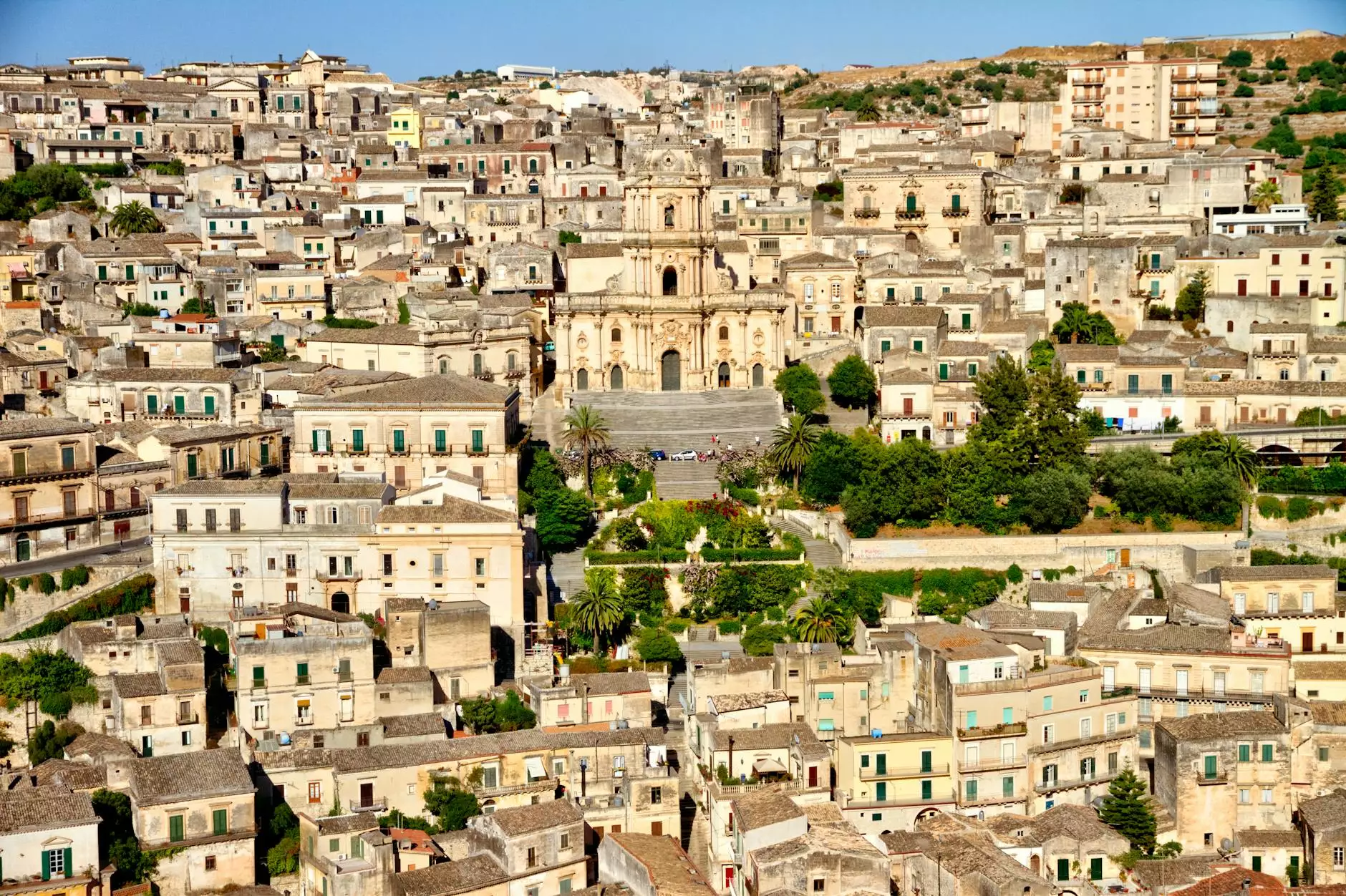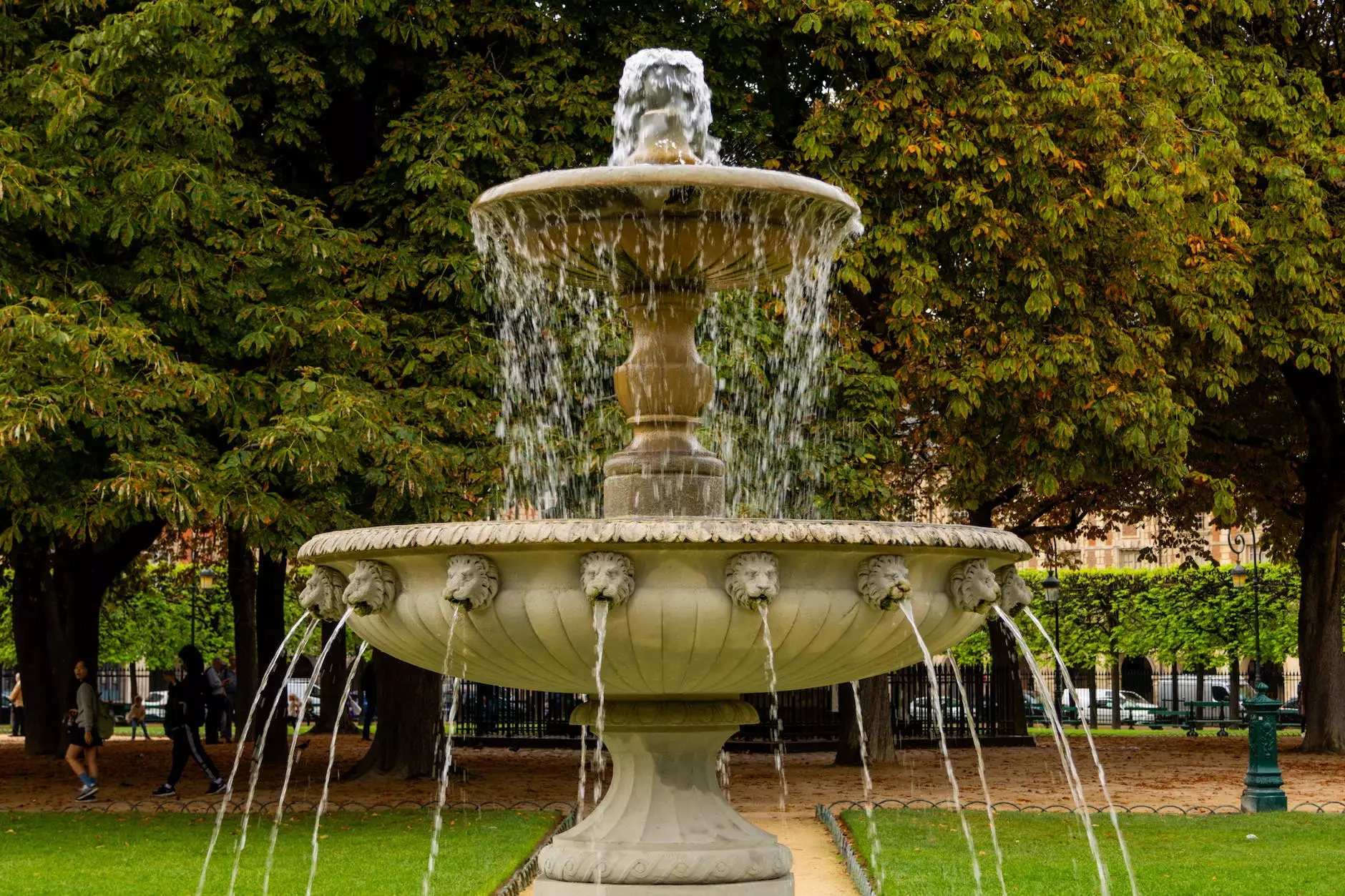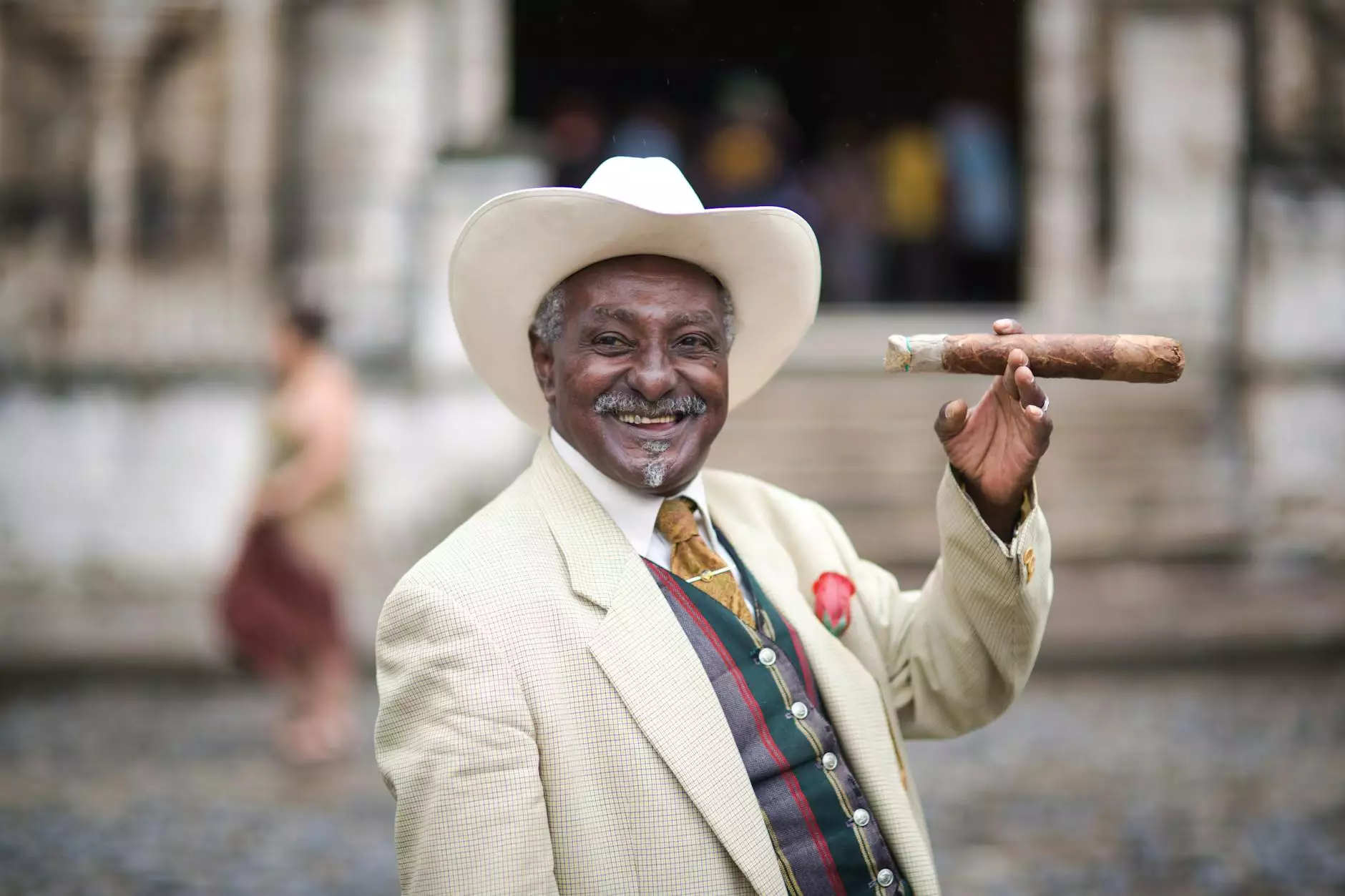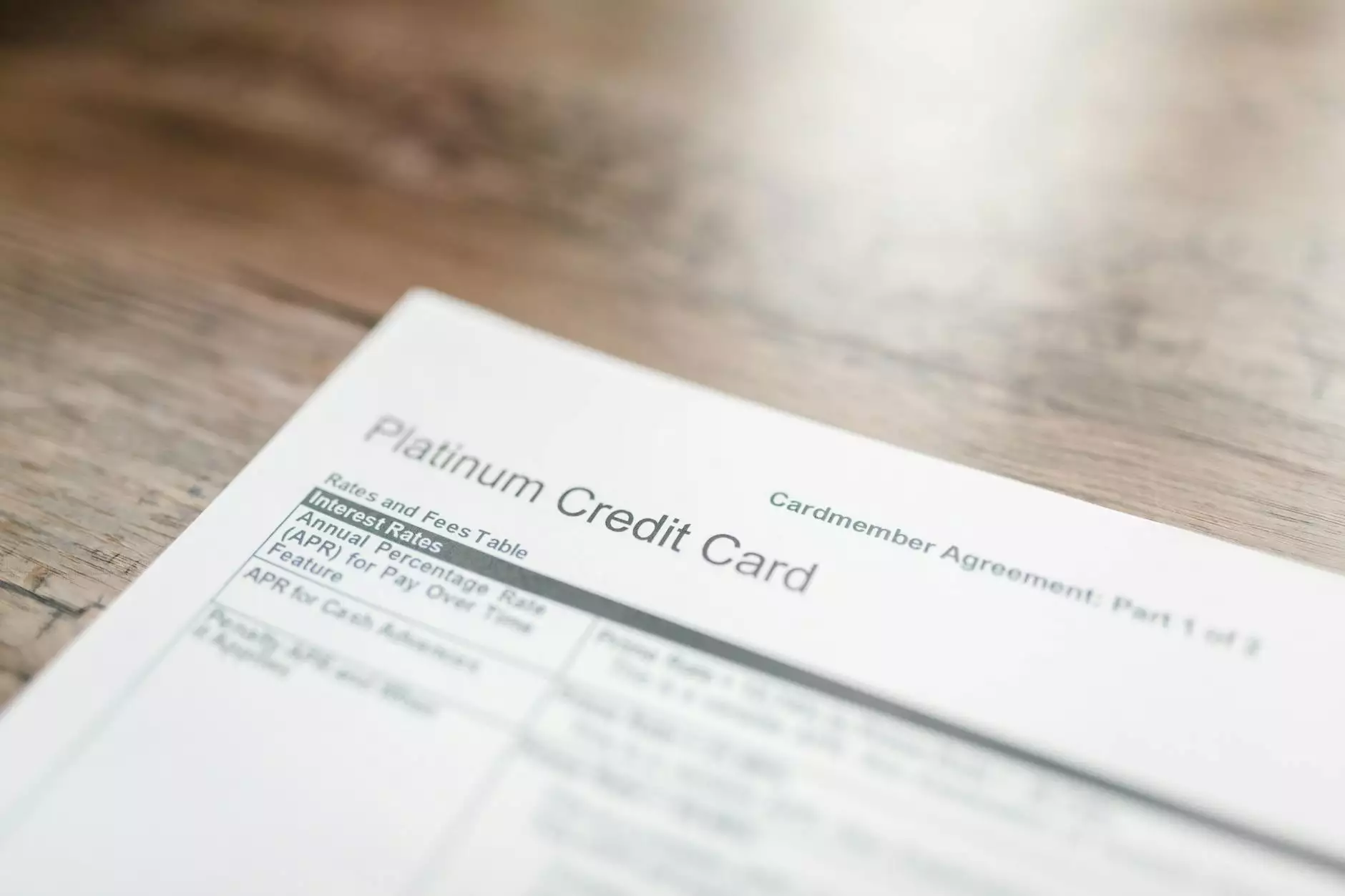Understanding the Significance of Black Churches in NYC

The tapestry of New York City is woven from a multitude of cultural, social, and religious threads. Among these, the importance of black churches in NYC stands out, serving not only as places of worship but also as vital community hubs where faith, culture, and social justice intersect.
The Historical Context of Black Churches in NYC
The roots of black churches in New York City can be traced back to the 18th century when African Americans faced significant oppression and discrimination. These churches emerged as safe havens, offering spiritual solace and a sense of belonging. They became foundational to the African American community, fostering leadership, education, and social activism.
Establishment and Growth
The first recorded black church in New York City was the Abyssinian Baptist Church, established in 1808. This church became instrumental in the fight against slavery and the pursuit of civil rights, marking a pivotal point in the history of black churches. Over the years, many more churches have sprung up, each contributing dramatically to the cultural and spiritual life of the community.
Role in the Civil Rights Movement
During the Civil Rights Movement of the 1960s, black churches played a crucial role. They were not only places of worship but also organizing centers for protests and rallies. Leaders like Dr. Martin Luther King Jr. often collaborated with church leaders in New York, emphasizing the integral role that faith played in the quest for equality.
The Present-Day Impact of Black Churches
Today, black churches in NYC continue to serve as cornerstones of their communities, fostering spiritual growth, social outreach, and cultural education. They are crucial in providing services that go beyond Sunday sermons, enriching the lives of their congregants and the surrounding neighborhoods.
Community Services and Outreach Programs
Many black churches engage in extensive community service efforts aimed at addressing various societal issues. These initiatives include:
- Food Banks: Providing food assistance to families in need, especially during economic hardships.
- Educational Programs: Offering tutoring and mentorship programs for children and teens, focusing on academic achievement and personal development.
- Health Services: Organizing health fairs and wellness programs to promote physical and mental health among the community.
- Advocacy: Actively participating in social justice movements, highlighting issues such as racial inequality, police reform, and affordable housing.
Cultural Preservation
Black churches are also crucial in preserving African American culture and traditions. Through music, arts, and community gatherings, they keep cultural practices alive while educating younger generations about their heritage. For instance, gospel music, which has deep roots in black church traditions, continues to inspire and uplift many both inside and outside of church walls.
Bridge Church NYC: A Beacon of Hope
Among the array of black churches in New York City, Bridge Church NYC stands out for its innovative approach and strong sense of community. Located in the heart of the city, Bridge Church not only serves its congregation with vibrant worship services but also emphasizes community service and outreach.
Mission and Vision
The mission of Bridge Church NYC is to connect people with God and each other, fostering a community that embodies faith, hope, and love. The church envisions creating a space where everyone feels welcome, regardless of their background. This commitment to inclusivity and diversity is reflected in their diverse congregation and leadership.
Programs and Services Offered
Bridge Church NYC offers a variety of programs tailored to meet the needs of its community:
- Weekly Worship Services: Engaging and powerful sermons designed to inspire and challenge congregants.
- Small Groups: Facilitating intimate gatherings for fellowship, discussion, and personal growth.
- Community Events: Regular events to encourage community engagement, including cultural celebrations and outreach initiatives.
- Volunteer Opportunities: Encouraging congregants to serve the community, bridging gaps and building relationships through service.
The Future of Black Churches in NYC
As we look to the future, the resilience and adaptability of black churches in NYC will play a vital role in addressing emerging challenges. From combating social injustices to providing mental health resources, these institutions are poised to evolve while maintaining their core mission of serving the community.
Embracing Technology and Modernization
In an increasingly digital world, black churches are leveraging technology to enhance their outreach and engagement. Social media platforms, live streaming services, and online resources are making it easier for churches to connect with younger generations, ensuring that their teachings and values remain relevant.
Nurturing Future Leaders
A significant aspect of the future of black churches lies in nurturing the next generation of leaders. By investing in youth programs and leadership development initiatives, black churches can empower young people to take active roles in their communities and continue the legacy of activism and service. These future leaders will be critical in shaping the direction of their communities and the effectiveness of church outreach.
Conclusion: The Importance of Black Churches in NYC
In conclusion, the role of black churches in NYC is indispensable, transcending spiritual guidance and embracing a broader commitment to community well-being. They serve as a testament to the resilience of the African American spirit and the power of faith in promoting social change. By continuing to evolve and adapt, these institutions will remain pivotal in shaping a more just and equitable society.
As we celebrate the contributions of black churches, it is essential to support and engage with these institutions that tirelessly work for the betterment of the community. Organizations like Bridge Church NYC exemplify the impact that faith-based initiatives can have, reminding us that together, we can build bridges of hope, love, and understanding.









